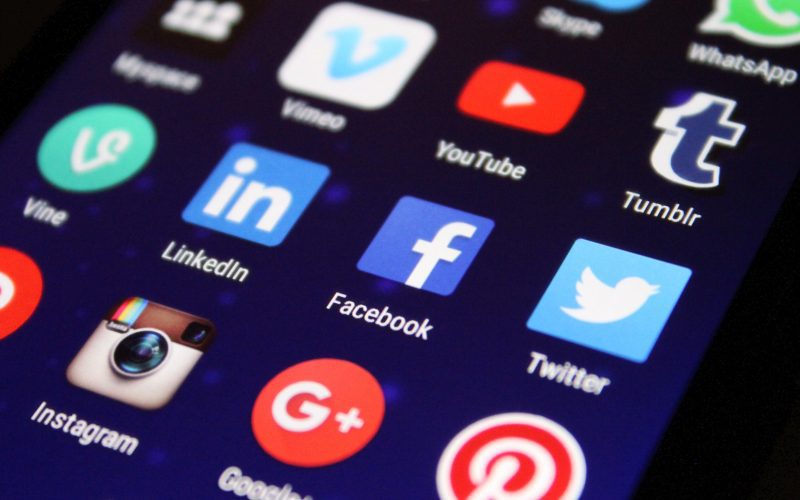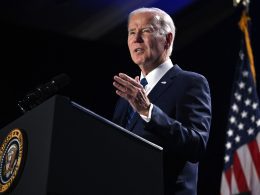Introduction
In today’s world, information is power. But what happens when that information is manipulated to suit an agenda? The dangerous game of media manipulation has become a threat to democracy itself. From propaganda and disinformation to the weaponization of social media, lies have the potential to sway public opinion and undermine trust in institutions. In this blog post, we’ll explore these issues and shed light on the importance of staying vigilant against those who seek to control the narrative for their own gain.
The Power of Propaganda
Propaganda is a powerful tool that has been used to manipulate public opinion for centuries. It can be subtle or overt, but its goal is always the same: to shape the way people think and feel about a particular issue or person.
One of the most effective ways propaganda works is by tapping into people’s emotions. By appealing to their fears, hopes, and desires, propagandists can create an emotional connection with their audience that makes it easier to influence them.
Another key element of propaganda is repetition. The more often people hear a message, the more likely they are to believe it. This is why propaganda campaigns often involve saturating every available channel with their messaging – from billboards and television ads to social media posts and chat rooms.
Propaganda also depends on creating simplistic narratives that reduce complex issues down into easy-to-digest soundbites. This can make it harder for people to see nuance or understand opposing viewpoints because they are only presented with one side of the story.
In today’s digital age where information travels at lightning speed through social media channels, propaganda has become even more dangerous as false information spreads like wildfire online without any fact-checking mechanism in place. The power of propaganda cannot be underestimated when it comes to shaping public opinions which ultimately affects democracy itself
The Dangers of Disinformation
In today’s world, we are bombarded with information from various sources, be it news outlets or social media. However, not all of this information is reliable or accurate. Disinformation, which is the spread of false or misleading information deliberately to deceive people, poses a serious threat to democracy.
One key danger of disinformation is that it can manipulate public opinion and undermine trust in democratic institutions. This can lead people to question the legitimacy of elections and other democratic processes. Disinformation campaigns may also sow division among different groups in society and incite hate towards certain communities.
Moreover, disinformation can have grave consequences for public health and safety. During the COVID-19 pandemic, for example, there has been an abundance of false information about potential cures and preventative measures spread on social media platforms. This misinformation could cause individuals to take dangerous measures that ultimately put their health at risk.
Disinformation also makes it challenging for citizens to make informed decisions about important issues such as climate change or policy proposals made by political leaders. Without accurate and reliable information available to them, they are more vulnerable to manipulative tactics used by those who spread disinformation.
While freedom of speech is fundamental in any democracy; intentionally spreading lies should never be allowed nor tolerated because the stakes are high: when truth becomes scarce in our societies so does our faith on its most significant pillars like government institutions or science itself – which jeopardizes both our present wellbeing and future prospects as a species!
The Weaponization of Social Media
Social media has become a double-edged sword. On one hand, it offers us an unprecedented level of connectivity and the ability to share information at lightning speed. But on the other hand, it has also become a powerful tool for those who want to manipulate public opinion and spread disinformation.
Social media platforms like Facebook, Twitter, and YouTube have been weaponized by various actors with different motives. State-sponsored trolls use social media to influence elections in foreign countries through propaganda campaigns disguised as grassroots activism. Extremist groups use these platforms to recruit new members and spread hate speech.
Moreover, algorithms that drive social media feeds are designed to maximize engagement by showing users content they are likely to agree with or find emotionally appealing – regardless of its veracity. This creates echo chambers where people only see content that confirms their biases – making them vulnerable to manipulation.
The impact of this weaponization is profound – it erodes trust in institutions, undermines democracy, fuels extremism and perpetuates divisions within society. As individuals using social media every day we need be aware that what we’re seeing may not always be factual or unbiased – we must remain skeptical consumers of information online rather than blindly sharing false narratives based on our own biases
Conclusion
It is crucial for us as individuals to recognize the dangerous game of media manipulation and to take active steps in combating it. We must be vigilant in consuming information from reliable sources and fact-checking before sharing any news or articles on social media.
It is also important for governments, social media platforms, and news organizations to take responsibility for their role in preventing the spread of disinformation. They must prioritize transparency, accuracy, and accountability to ensure that democracy can thrive without being threatened by lies.
The power of propaganda should never be underestimated, but with awareness and action taken at all levels, we can work towards a future where truth prevails over falsehoods. Let us not forget that democracy thrives on informed citizens who have access to accurate information – let’s do our part in making sure it stays that way.











